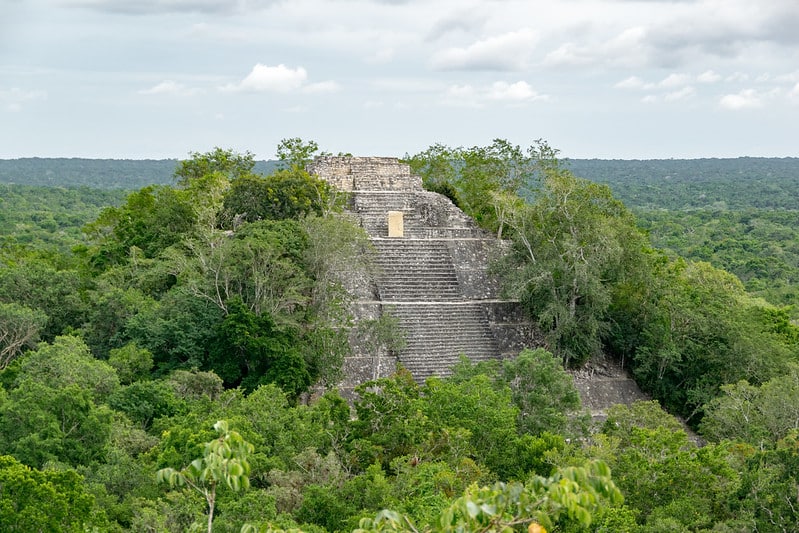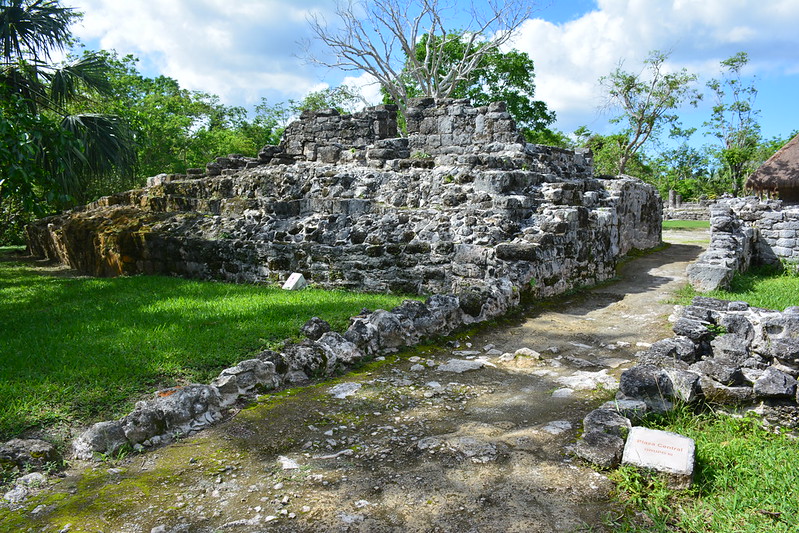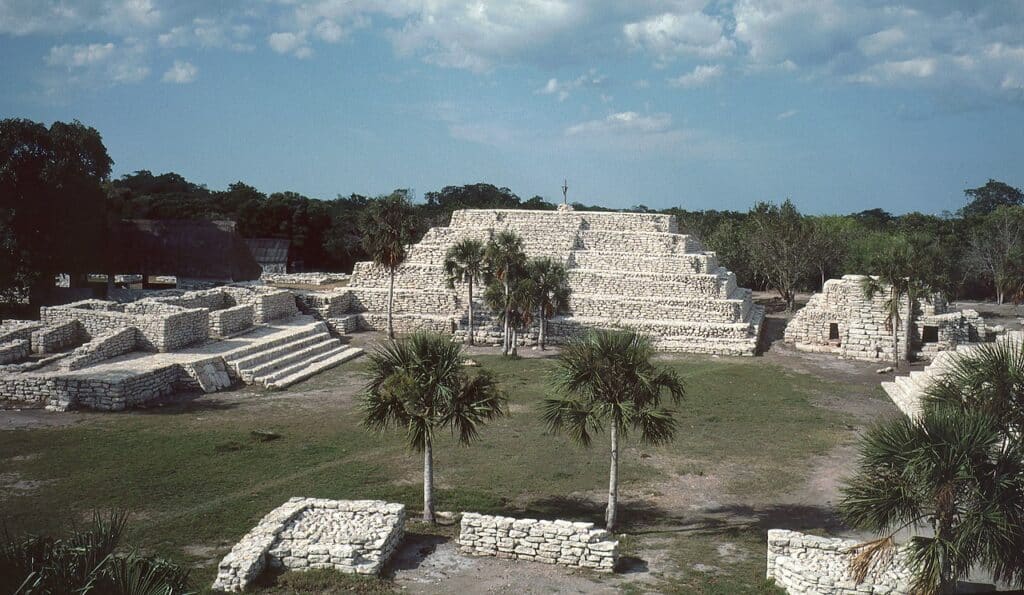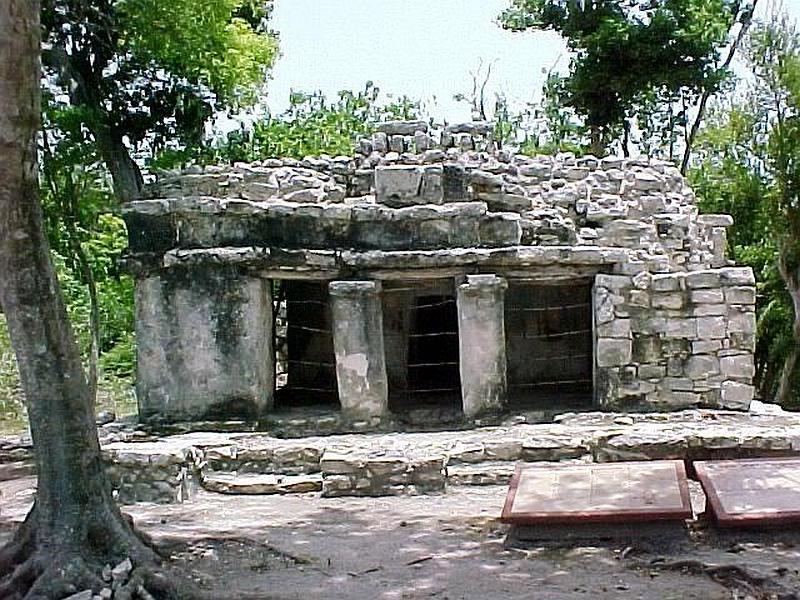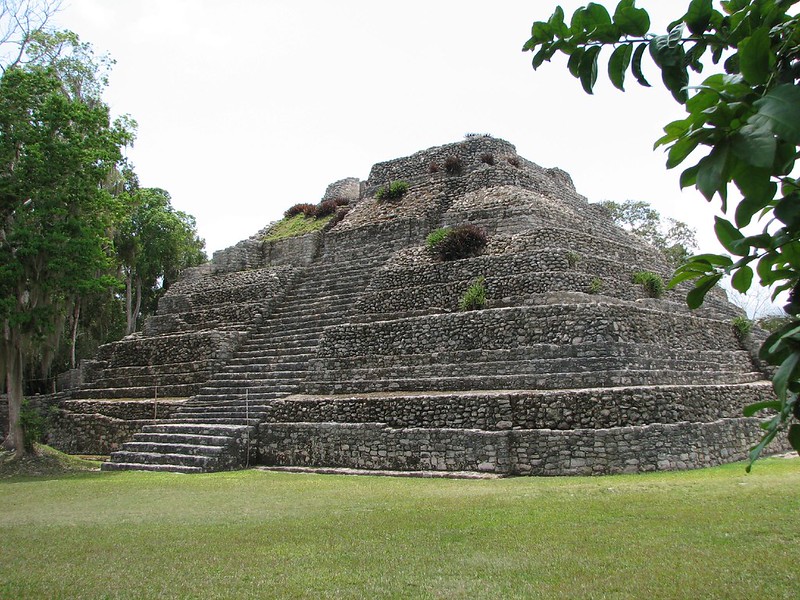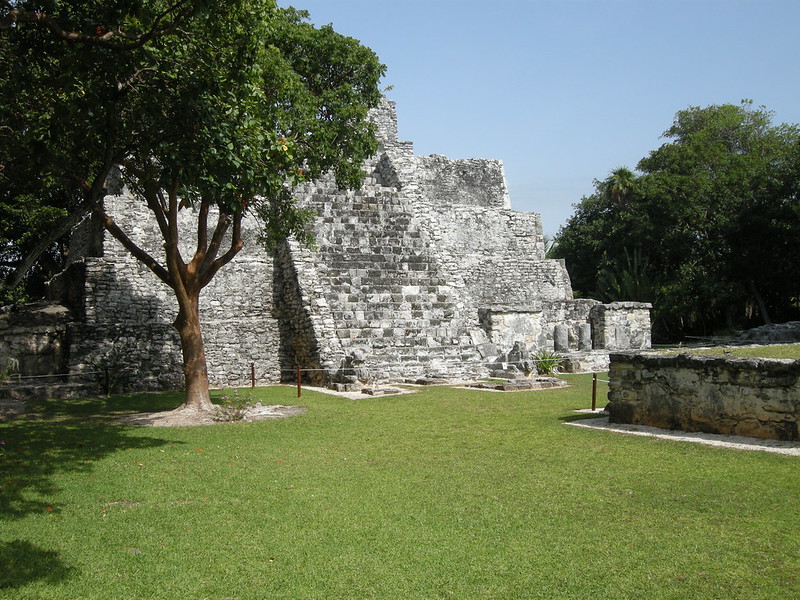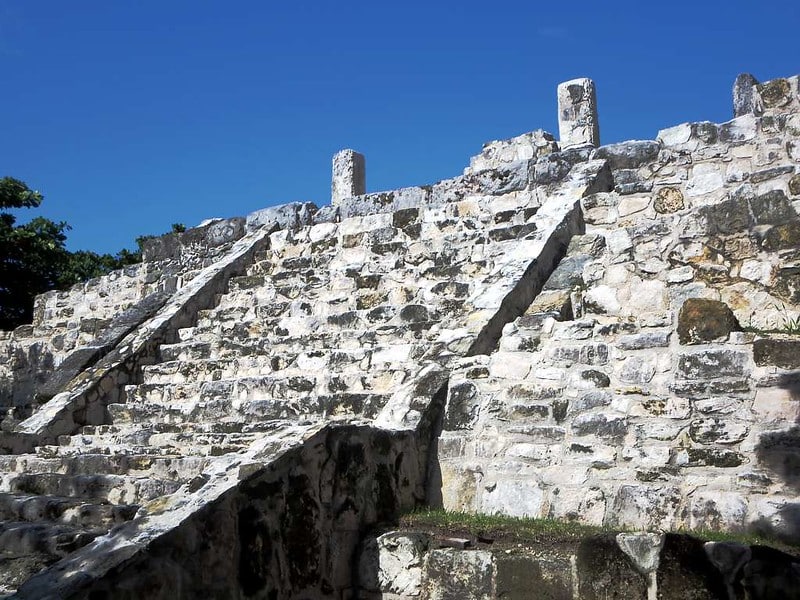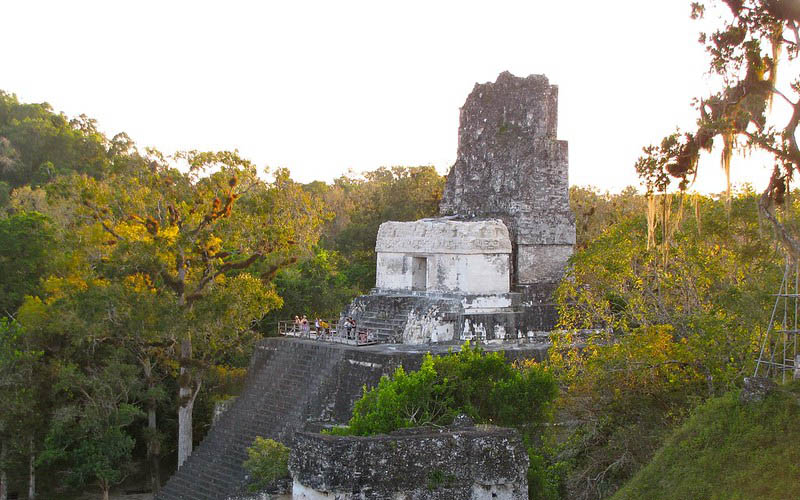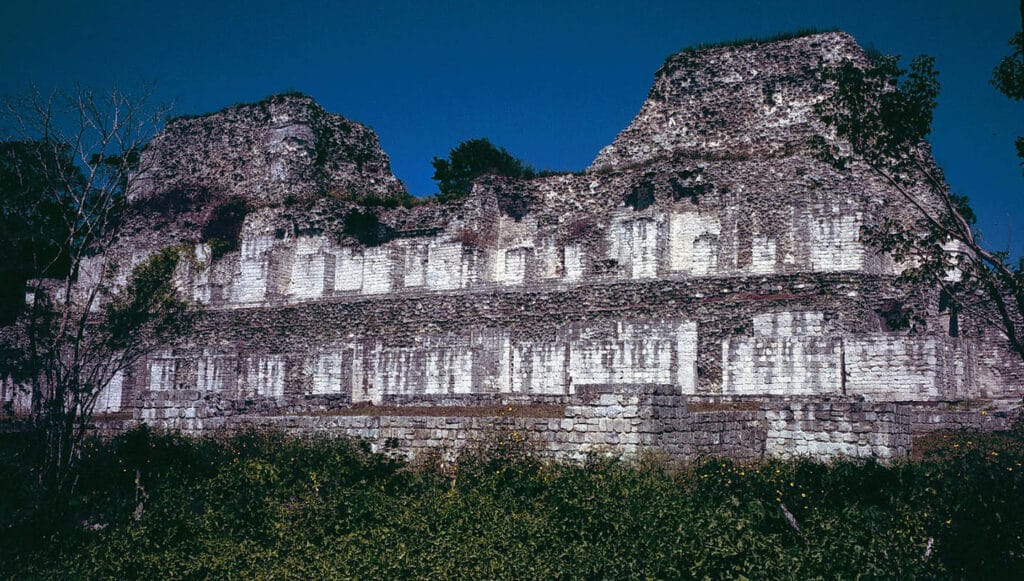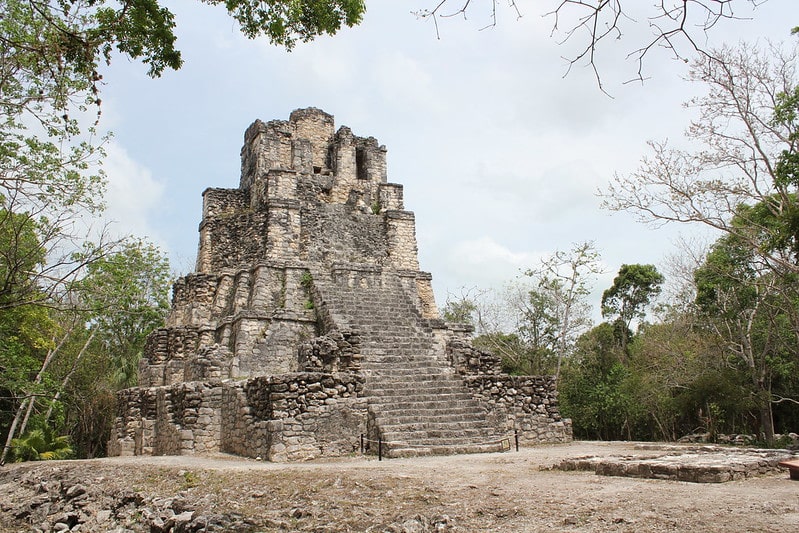Visiting Campeche? What to bring when visiting Calakmul
Calakmul, an ancient Maya city in Campeche, Mexico’s rainforest, is still a not-so known treasure in the Yucatan Peninsula. The Maya city of Calakmul hides in a dense tropical rainforest abounding with unique fauna. It is a once-in-a-lifetime excursion that deserves a checkmark. Here you’ll find yourself among the ruins, enveloped in a mystical solitude.…
Read more

